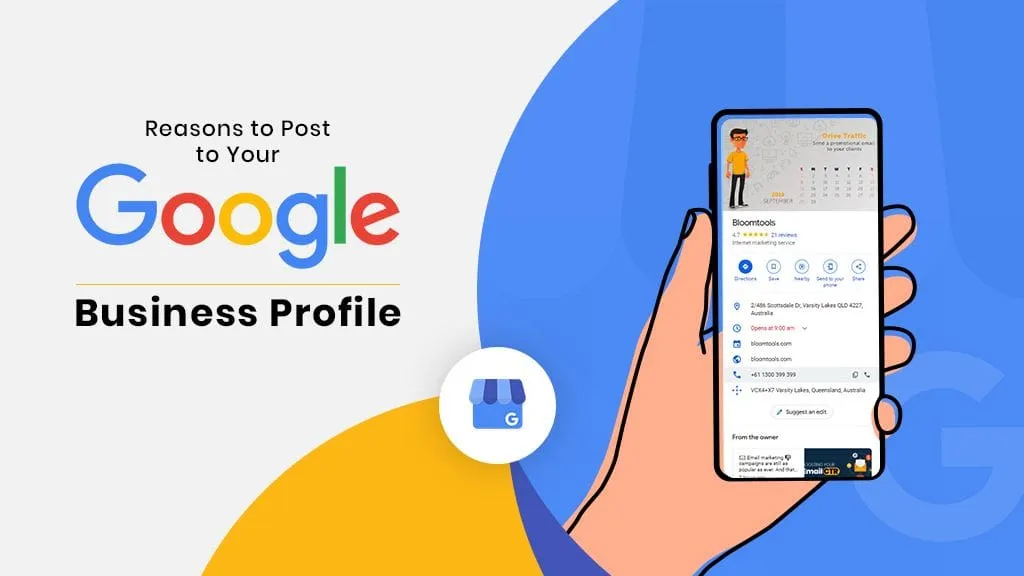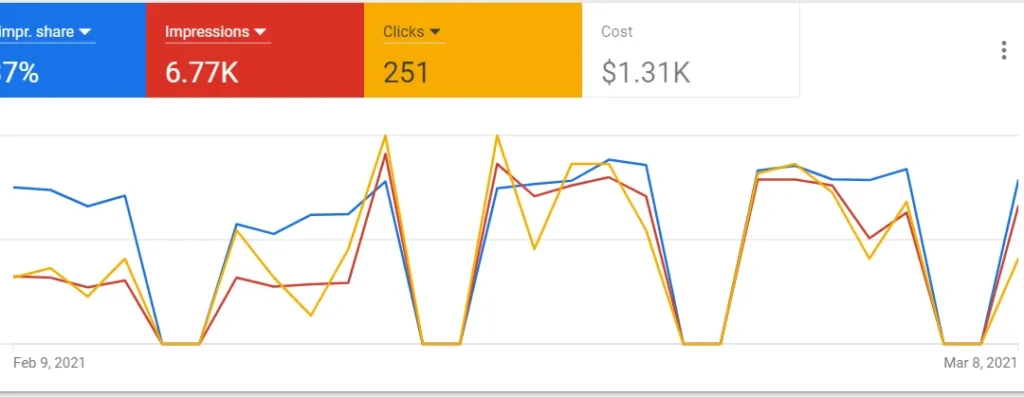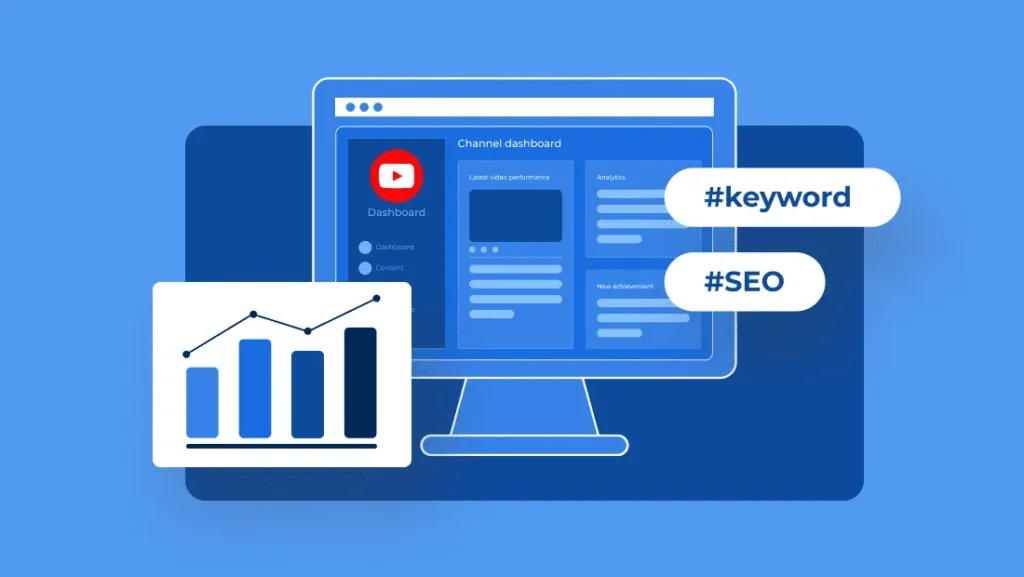If you’re running a local business and suddenly realize your Google Business Profile is not showing up, you’re not alone. This is a common but frustrating issue for service-based businesses, brick-and-mortar stores, and anyone relying on local search visibility to attract new customers. Whether you’ve noticed that your GMB is not showing up on Google Maps or your listing has completely vanished, this guide will walk you through why it happens and exactly how to fix it.
What Is a Google Business Profile and Why It Matters for Local SEO
A Google Business Profile (GBP), formerly known as Google My Business, is your storefront in the digital world. It appears on Google Maps and local search results whenever someone looks for your service, whether it’s “plumbers in Chicago” or “best Mexican restaurant near me.”
The Role of Google Business in Local Search Visibility
Google uses your profile to determine what your business does, where you’re located, and whether you’re relevant to someone’s search. This makes it a key player in map pack optimization, especially on mobile devices. If your profile isn’t showing, you’re essentially invisible in the places where people search the most.
Google Business Profile vs. Traditional SEO — Why You Need Both
Unlike your website, your GBP is tied to Google Maps and local intent. But without proper Google Business Profile SEO, even a great website won’t help you appear in the local pack. The two work together. One captures general traffic; the other wins high-intent local leads.

Common Reasons Your Google Business Profile Isn’t Showing Up
There’s no single cause, but most visibility issues come down to a few key problems.
Your Profile Is Still Under Review or Not Verified
If you just created or edited your listing, it could still be in review. You’ll need to complete verification status (usually by postcard, phone, or email). Until then, your unverified business profile won’t appear.
Suspended or Removed by Google Due to Violations
A suspended GMB account is often the result of violating Google’s guidelines. Common triggers include keyword stuffing, fake locations, or using P.O. boxes. There are both soft and hard suspensions, and knowing which you have is critical for resolution.
Listing Hidden Due to Service Area Settings or Address Issues
Service area business problems are a frequent cause of invisibility. If you don’t serve customers at your location, your address might be hidden — which can suppress your listing if it’s not configured correctly.
Duplicate Listings or Category Conflicts
Having duplicate Google listings or conflicting business categories can confuse Google’s algorithm and tank your visibility. This often happens when multiple people claim a listing or choose irrelevant categories.
You’re Not Ranking for the Keywords You Think You Should
Just because your name appears doesn’t mean you rank for high-intent searches like “emergency plumber” or “coffee shop open now.” Understanding GMB ranking factors is essential to improving your discoverability.
How Google Determines If Your Business Profile Should Appear
Relevance, Distance, and Prominence — The Core GMB Ranking Factors
Google uses three primary criteria to decide if your business shows up in results: relevance to the search, proximity to the user, and how well-known you are (aka prominence). Each factor carries weight depending on the search type.
The Impact of Reviews, Posts, and Photos on Visibility
Consistent activity—like posting updates, responding to customer reviews, and adding photos—boosts business visibility and signals to Google that your listing is trustworthy.
Proximity and Device Type — Why You May Show on Some Devices But Not Others
Searches on mobile rely heavily on Google Maps algorithm and GPS proximity. If someone is nearby, your listing is more likely to appear. On desktop or farther distances, your position weakens unless your profile is highly relevant.
How to Fix a Google Business Profile That’s Not Showing Up
Let’s get into actionable steps you can take now.
Step 1 — Verify Ownership and Check Status in GBP Dashboard
Log into your account and look for alerts about your listing’s verification status. If needed, request a postcard or other method to confirm ownership.
Step 2 — Audit for Violations or Suspensions and Submit an Appeal
Go through Google’s guidelines. If you see a profile suspension, identify the violation and submit a detailed appeal. Be specific, professional, and avoid blaming the system.
Step 3 — Fix NAP Inconsistencies and Check Your Service Area
Make sure your name, address, and phone number (NAP) match across your website, citations, and social profiles. Set your service area accurately if you’re a SAB.
Step 4 — Add Missing Categories, Products, or Descriptions
Use precise business categories, product listings, and detailed service descriptions. Avoid overstuffing but make sure your main keywords are present.
Step 5 — Post Regularly, Collect Reviews, and Use All GBP Features
Engage weekly with Google Business support tools: post updates, ask for reviews, and upload fresh photos. This builds authority and tells Google you’re active.

FAQs About Google Business Profiles Not Showing Up
01. How long does it take for a new Google Business Profile to appear?
Usually 3–7 business days after verification, but edits can trigger a re-review.
02. What should I do if my listing was suspended?
Identify the reason, correct the issue, and submit a formal appeal through Google’s reinstatement form.
03. Why does my business show on desktop but not mobile?
Google uses GPS data on mobile, so if you’re not close to the searcher or lack engagement, you may not appear.
04. Can someone else claim and hide my listing?
Yes, it’s rare but possible. Always claim your profile and monitor for suspicious changes.
05. Do I need a physical address to show up on Google Maps?
Not necessarily. Service Area Businesses can rank without showing an address, but settings must be accurate.






What do you think?
Strive to design environments with clarity in mind: Clear instructions, a logical layout, and control over the pace of interactions can all contribute to a more manageable cognitive load.
As designers and developers venture into these new domains, carrying the principles of accessibility forward should be about more than just compliance with guidelines, but rather championing a spirit of inclusivity.
Comments are closed.